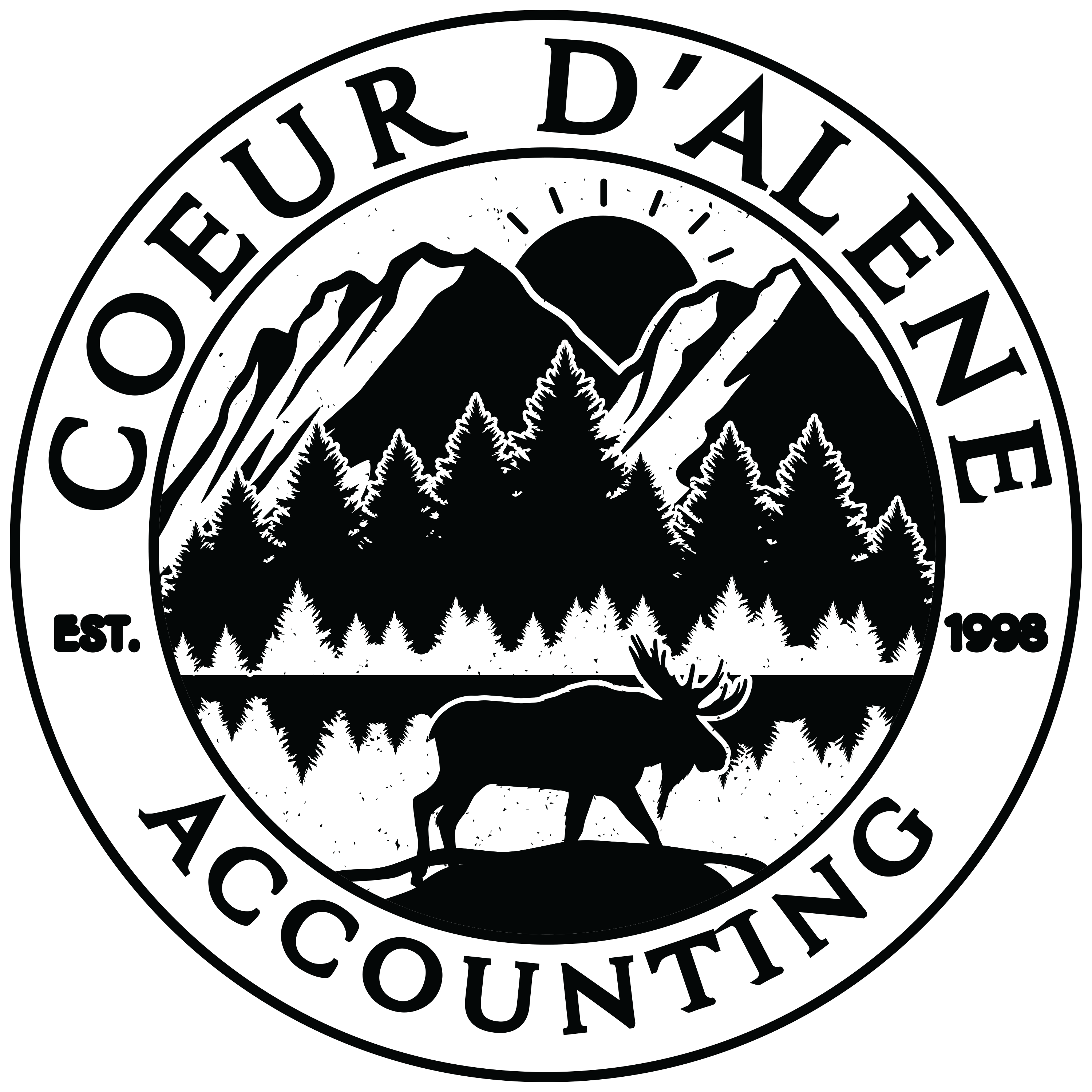
Given the connected nature of remote work these days, you likely use your home internet to do a little or a lot of work.
In this article, you will learn how to deduct the cost of your home internet. The rules that apply to the home internet also apply to all the other expenses incurred while working at home, regardless of whether you claim the home-office deduction.
Let’s get started.
Deduction on Schedule C
If you operate your business as a sole proprietorship or as a single-member LLC, you file a Schedule C to report your business income and expenses. As a Schedule C taxpayer, you may deduct ordinary and necessary expenses, which include business-related internet subscription fees.
Deduction When You Operate as Corporation
When you operate your business as a corporation, you are an employee of that corporation. Because of the Tax Cuts and Jobs Act (TCJA), the only way for you to reap the benefits of the home internet deduction (or a home office) is to have your corporation reimburse you for the deduction.
In the case of a reimbursed employee expense
- The corporation deducts the expense as a utility expense, and
- you receive the reimbursement as a tax-free reimbursed employee Idaho business expense.
Why is the reimbursement method the only way for the corporate owner to get the deduction? The TCJA eliminated the 2018-2025 deduction for miscellaneous itemized expenses. These include unreimbursed employee expenses, such as internet connection fees.
Deduction When You Operate as a Partnership
If you have deductible home internet expenses and/or a home office and operate as a partner in a partnership, you have two ways to get a tax benefit:
Substantiating Your Home Internet Expense Deduction
Where business owners can run into trouble with the IRS is in substantiating their internet expense deduction.
Unless you have a home internet connection you use solely for business and also have another one for personal use, you can’t reasonably deduct your entire home internet connection expense.
The IRS won’t believe you make no personal use of your sole home internet connection. We would not believe you either.
You should have no problem showing the total cost for your home internet connection—just total your monthly bills. The problem is in establishing what percentage of the total cost was for business, because only that percentage is deductible.
Ideally, you should keep track of how much time you use your home internet connection for business and how much time for personal use. A simple log or notation on your business calendar or appointment book—indicating approximately how many hours you were online for business each day while working at home—should be sufficient.
Google it and you can find software and apps that will track your internet use.
Instead of tracking your home internet use every day throughout the year, you could use a sampling method such as that permitted for tracking business use of vehicles and other listed property.8 There is no logical reason the IRS shouldn’t accept such a sampling for internet use.
Making an Estimate and Relying on the Cohan Rule
Since home internet connection costs are relatively small—usually no more than $1,000-$2,000 per year—even minimal recordkeeping is too much trouble for many taxpayers. Instead, they estimate the percentage of the time they use their home internet for their Coeur d’Alene business.
Estimating your internet expenses can work.
Under the Cohan rule, in some cases, courts may accept a reasonable estimate of a business expense where the taxpayer does not have adequate records.
The Cohan rule may not be used for travel, vehicle and other listed property, meal, lodging, and gift expenses, for which strict substantiation is required. But since internet expenses are characterized as utility expenses, the Cohan rule can be used to estimate them.
The Cohan rule may be applied not only by the Tax Court, but also by IRS auditors and agents as well. If you are undergoing an IRS correspondence examination, you may have to go through the appeals process or even file a petition in Tax Court to get any consideration under the Cohan rule.
Be aware that application of the Cohan rule is discretionary. Neither the courts nor the IRS is required to employ the rule to grant you a deduction for which you don’t have adequate records. And even when they do apply the Cohan rule, courts and the IRS auditors tend to lowball the amount of the deductible expense because your inexactitude is of your own making.
Two Requirements
For the Cohan rule to apply, you must satisfy two requirements:
You should have no problem proving requirement number 1: your internet bill is proof you actually incurred the expense involved.
Requirement number 2 is where you can trip up. You must give the court or the IRS some reasonable basis to estimate what percentage of your total home internet bill was for business. You can’t just make a wild ballpark guess.
Credible Testimony
Credible testimony is a common way to convince the IRS or the Tax Court to accept your estimate.
For example, Robert G. Franklin, a loan officer, maintained a home office, which he used primarily in the mornings and evenings. The Tax Court found that he presented credible testimony that his home internet service was primarily for business and that any personal use was incidental.
Such testimony included the fact that he emailed a daily marketing update to several hundred real estate agents, past customers, and borrowers. The court applied the Cohan rule and held that Franklin could deduct $377 of his $499 annual home internet bill.
On the other hand, in one example, husband and wife college professors were not allowed to deduct any portion of their $2,757 annual home internet expense. The couple testified credibly that they used their home internet service to conduct academic research.
But they provided no evidence, by testimony or otherwise, as to what percentage of internet use was for business purposes. The court refused to make its own estimate under the Cohan rule, because it would be “wholly arbitrary.”
Reasonable Basis
The moral of the story, as shown in these cases, is that you need to give an IRS auditor or the court some reasonable basis to estimate how much you use your home internet for business. This could include testimony about the type of work you do at home; copies of emails you send and receive; videoconferencing records; appointment books or calendars showing the work you do at home; or any other evidence that you use your home internet for business, not pleasure.
Gather this information and use it to make your own estimate of your deductible home internet expenses when you prepare your tax return. This will go a long way to helping the IRS or the court use the Cohan rule.


Recent Comments